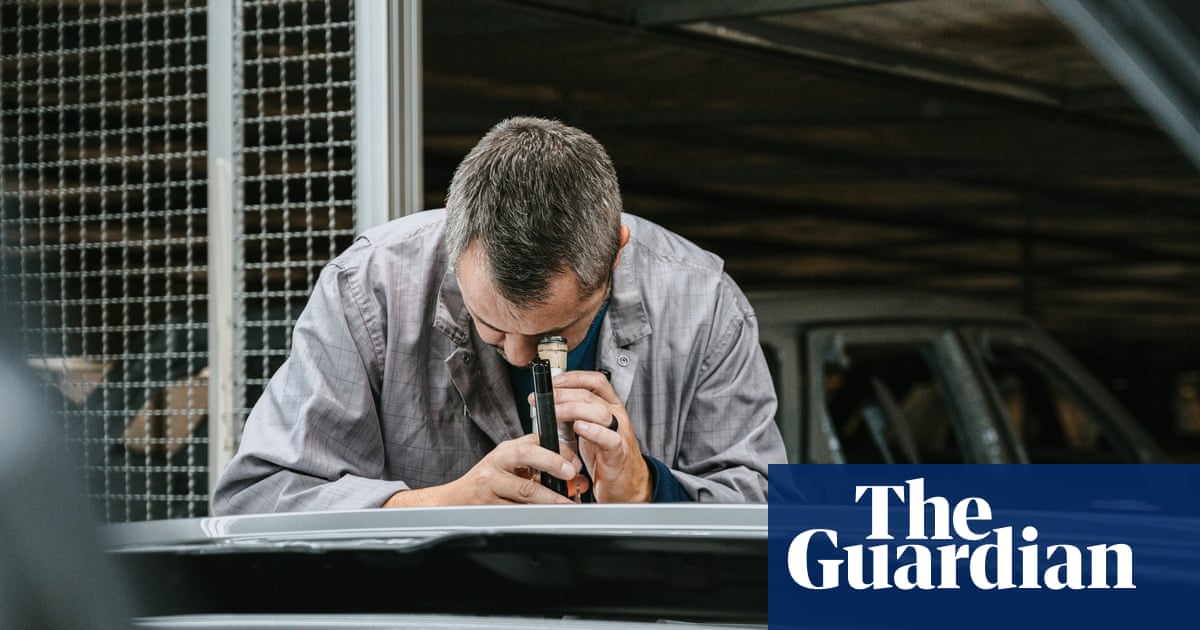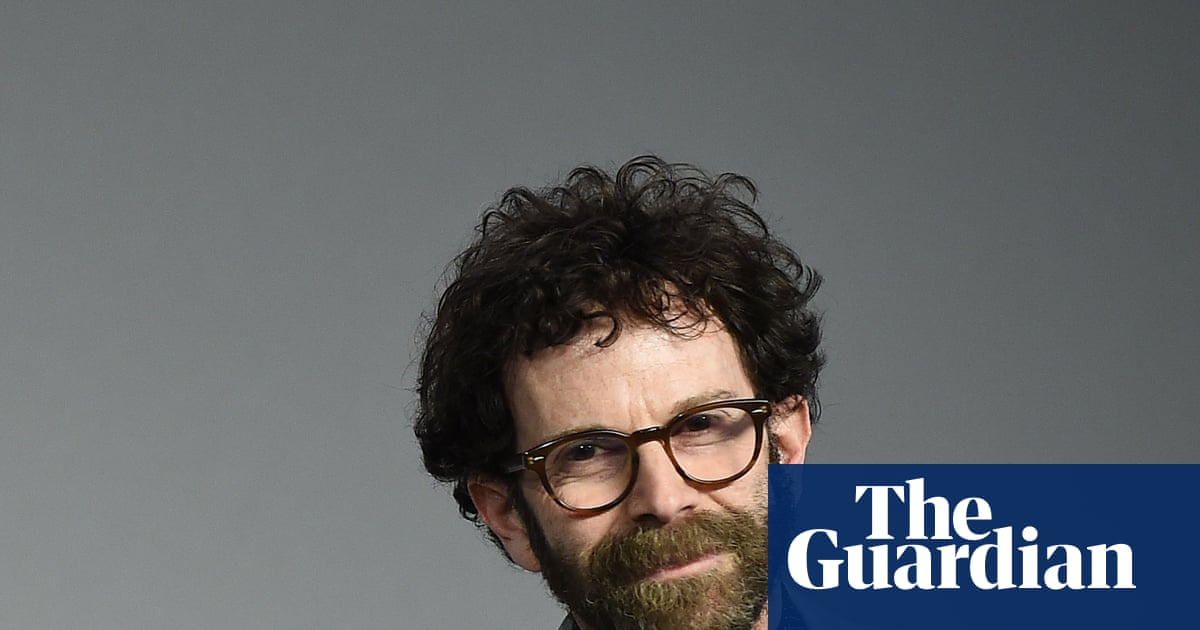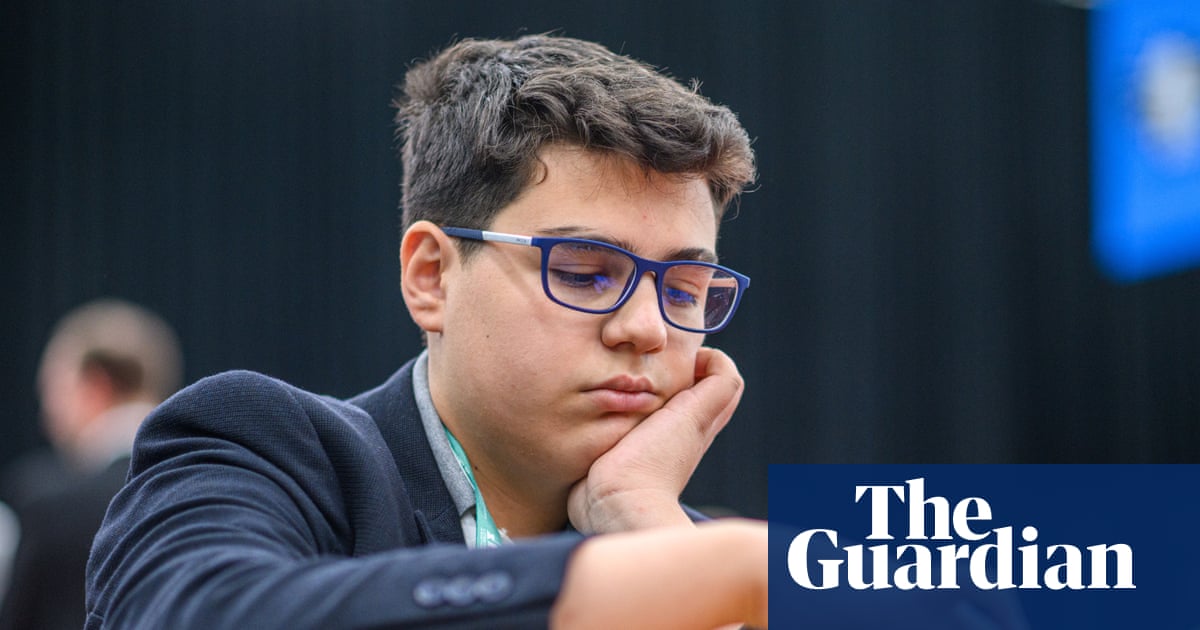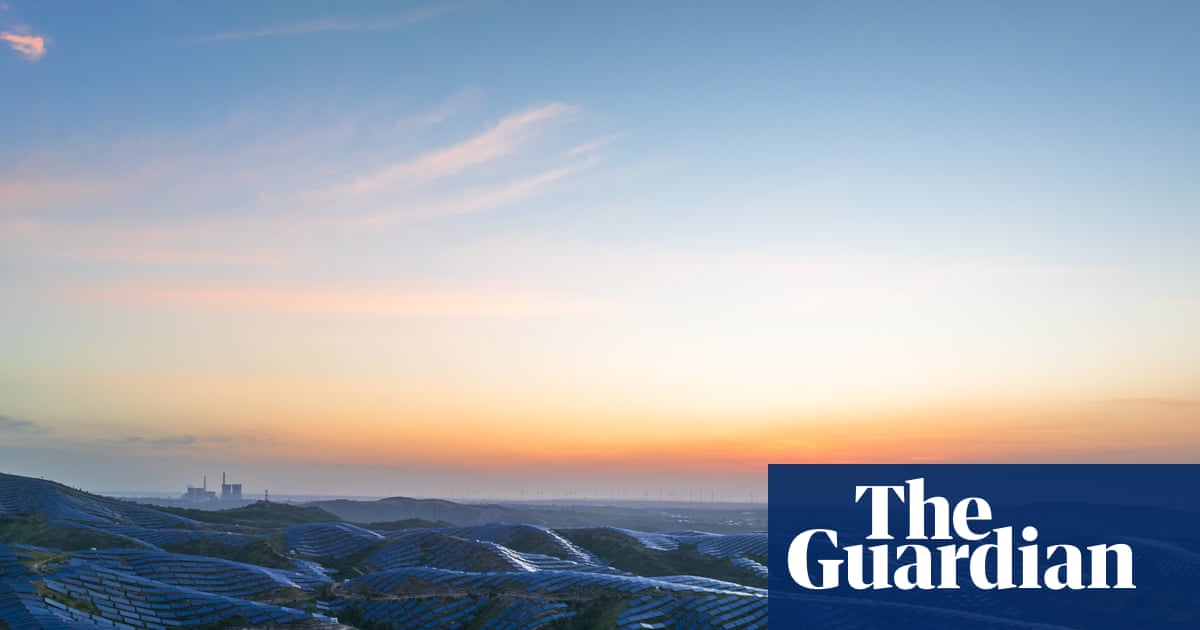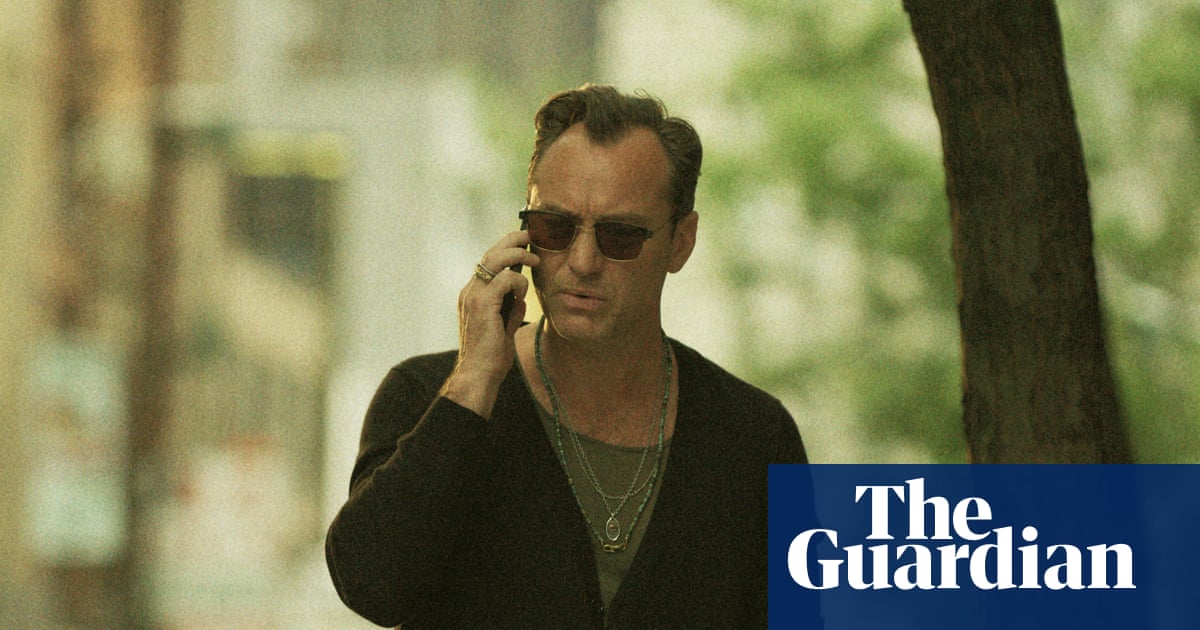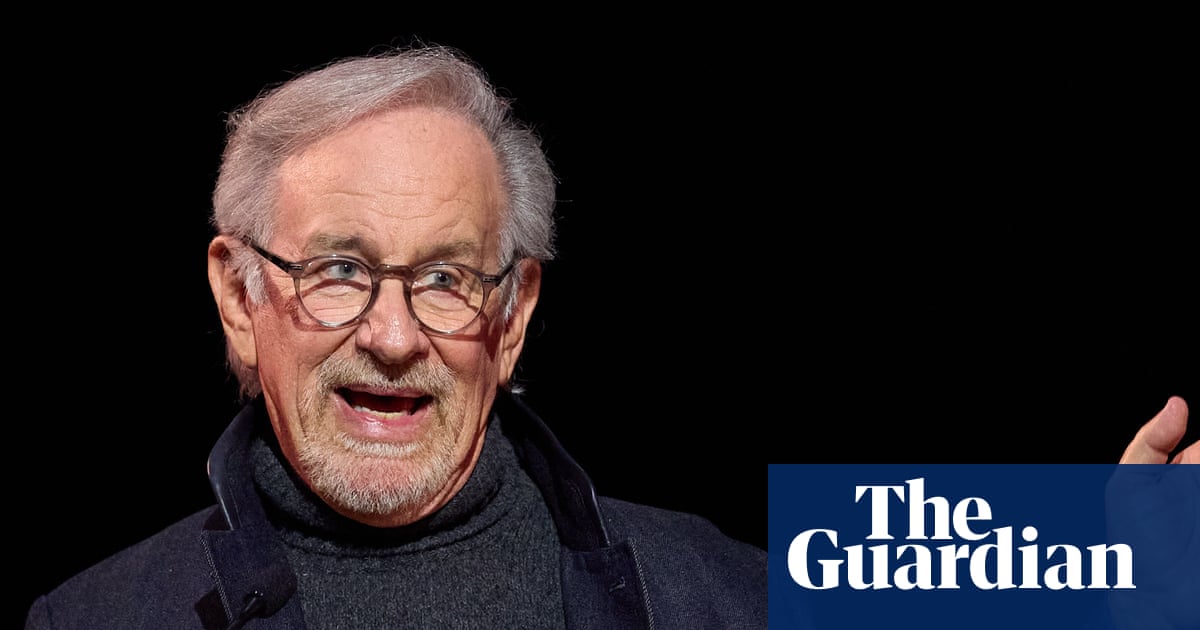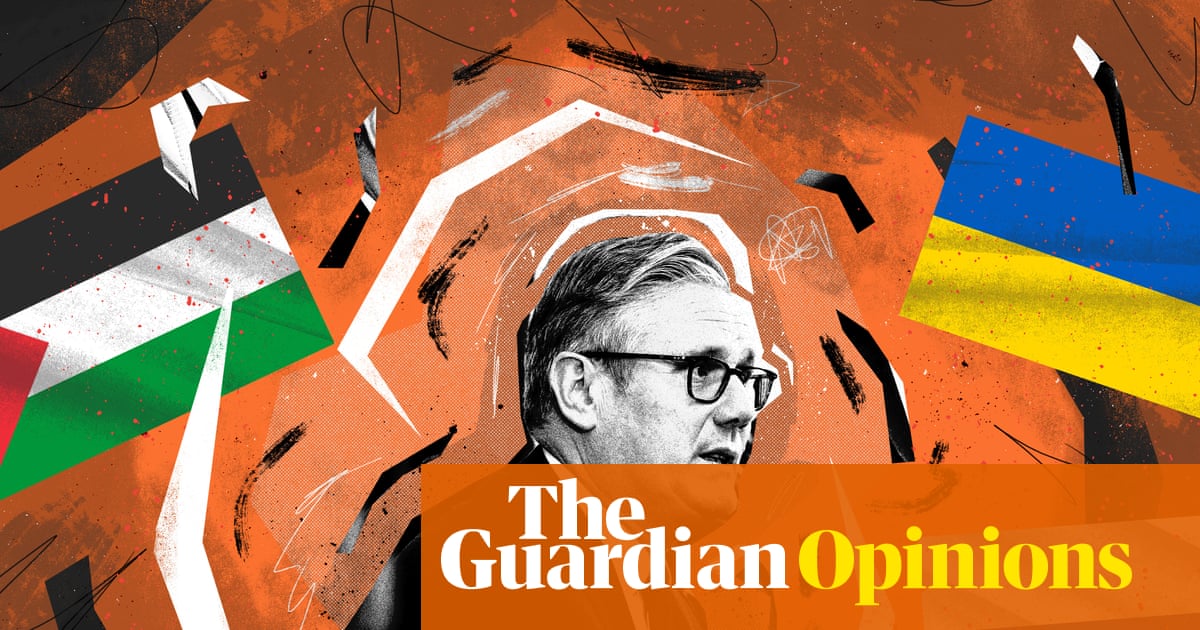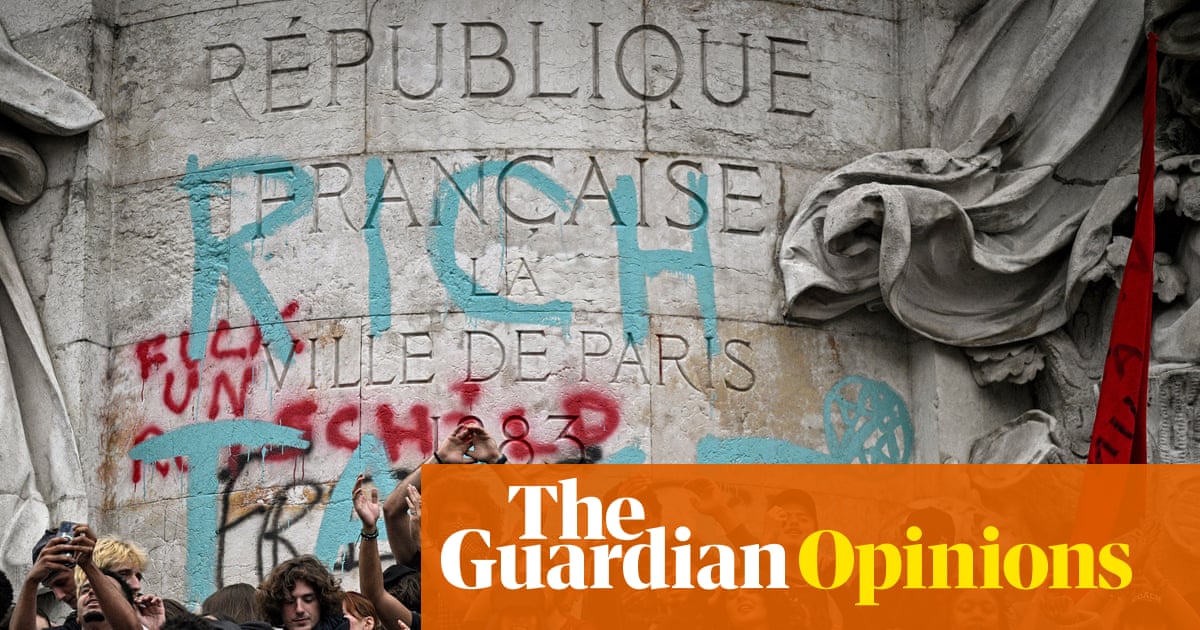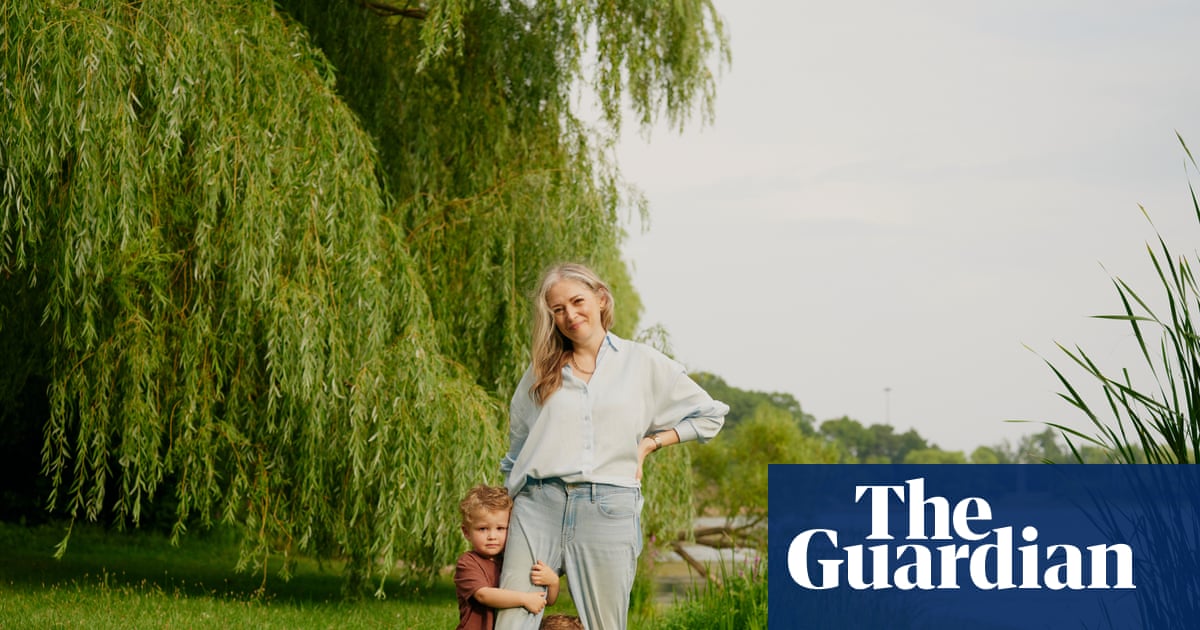Growing up, Aïda Muluneh moved around a lot. She was born in Ethiopia, but also lived in Yemen, Cyprus, Canada and, for a short time, England. There was a spell in Sunderland for about eight months when she was six: “My mother was dating a guy from the UK,” she says. “I have very distinct memories of England. I went to school briefly, but I didn’t really speak any English. I remember the cold and the grey skies.”
More than 40 years later, Muluneh returns to the UK, invited by Impressions Gallery to make new work across Bradford, Belfast, Cardiff and Glasgow for this year’s UK City of Culture programme. Comprising 22 images, The Necessity of Seeing was made over a month-long road trip. She crammed all her equipment into two cars and a minivan, along with a mobile studio, painted backdrops and clothing brought over from Africa, and five core crew members. “It was basically like getting a crash course in UK history and contemporary life,” says Muluneh.
The resulting images explore themes such as gender, labour, religion and diaspora. Incorporating pieces of each city’s architectural landmarks – from cathedrals and mosques to cotton mills and war memorials – Muluneh connects historic wounds with contemporary struggles. The decline of industry, the history of labour union movements, women’s rights, and the exploitation of immigrants: in these images, as in reality, everything is connected.
This work is now part of a touring exhibition, Nationhood: Memory and Hope, shown alongside A Portrait of Us, 15 black-and-white portraits of “unsung heroes” in each city, made by Muluneh, as well as a presentation of seven emerging British photographers.
Muluneh’s journey around the UK required a lot of planning, as well as learning, talking and translating her reflections into art. “Being prepared allows me to tap into another part of my mind,” she says. “Along the way, I’d find other things I hadn’t expected, just from simple conversations.”
These conversations, as well as each city’s unique social and urban fabric, make up all the layers of meaning in Muluneh’s work. “I’m creating my own universe within an existing reality and reshaping it to reflect how I was feeling at the time,” she says. The title, The Necessity of Seeing, is emblematic of the deep political awareness driving Muluneh’s work. “Growing up displaced has given me a kind of anger that fuels my work,” she says. “I’ve always been drawn to communities dealing with division and cultural identity. My aim wasn’t to come here and try to reflect something I don’t fully understand. I can only reflect my experiences of trying to understand the complexity of the UK – what I saw, witnessed and felt.”
What she felt most of all, Muluneh says, was division. “But within that, everyone is facing the same challenges,” she says. “I was looking at what women and children went through in the Industrial Revolution, while also thinking about slavery and colonial history. What I realised is that these shared histories have the potential to connect people, rather than divide them.”
Location finder: four works by Aïda Muluneh
The Handmaid of Hunger, 2024 (main picture above)
“For many of us in Africa, it’s hard to imagine that a country like the UK has people going hungry. This image is a comment on that contradiction of being in a wealthy country, yet still seeing people who rely on food banks.”

Reflections of the Seeker, 2024
“I was fascinated by how visible and strong the Muslim culture is in Bradford,” says Muluneh. “I heard a story from a woman whose daughter went to school there. She said her daughter felt really comfortable wearing a hijab, because no one stared at her. That really stayed with me.”
after newsletter promotion

The Edge of Tomorrow’s Memory, 2024
“This was shot in Bradford, but it speaks to Belfast, a city that felt like an open wound. The most striking things were the walls. You can still feel the trauma of recent history.”

The Present Past, 2024
“In Glasgow, there’s a lot of architecture by Charles Rennie Mackintosh. He wasn’t alive when this building [the House for an Art Lover cultural centre] was constructed but there’s something powerful in interpreting someone’s vision years later. This image plays with the idea of bringing the past into the present.”
The Necessity of Seeing was commissioned by Bradford 2025 City of Culture and Impressions Gallery, with Belfast Exposed, Ffotogallery, Cardiff, and Street Level Photoworks, Glasgow; it is touring 5 June to 18 January.

 3 months ago
96
3 months ago
96
